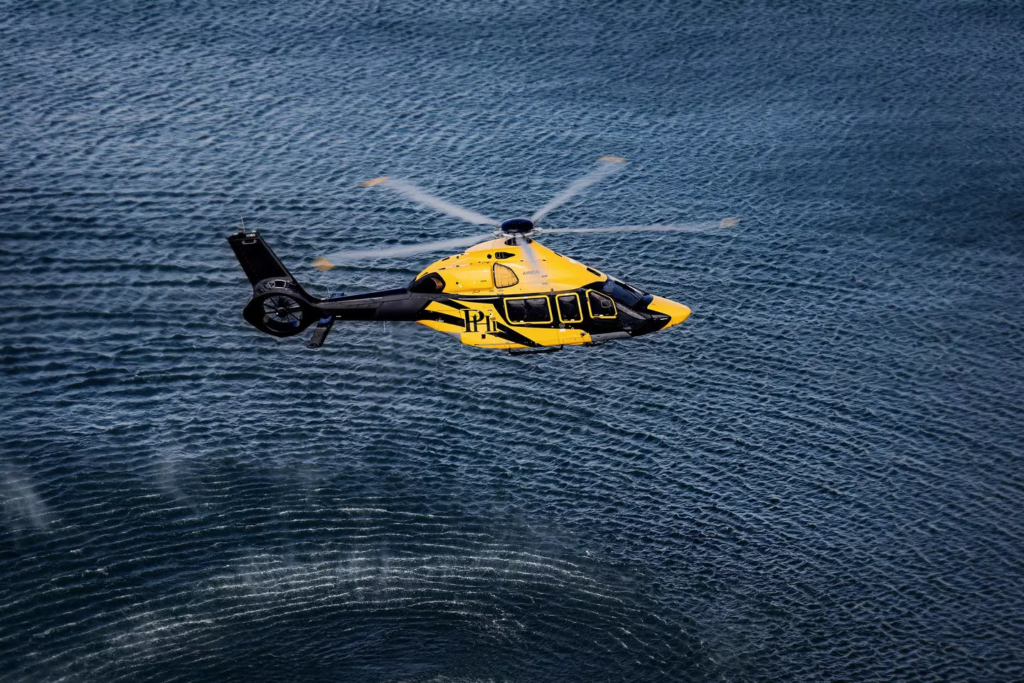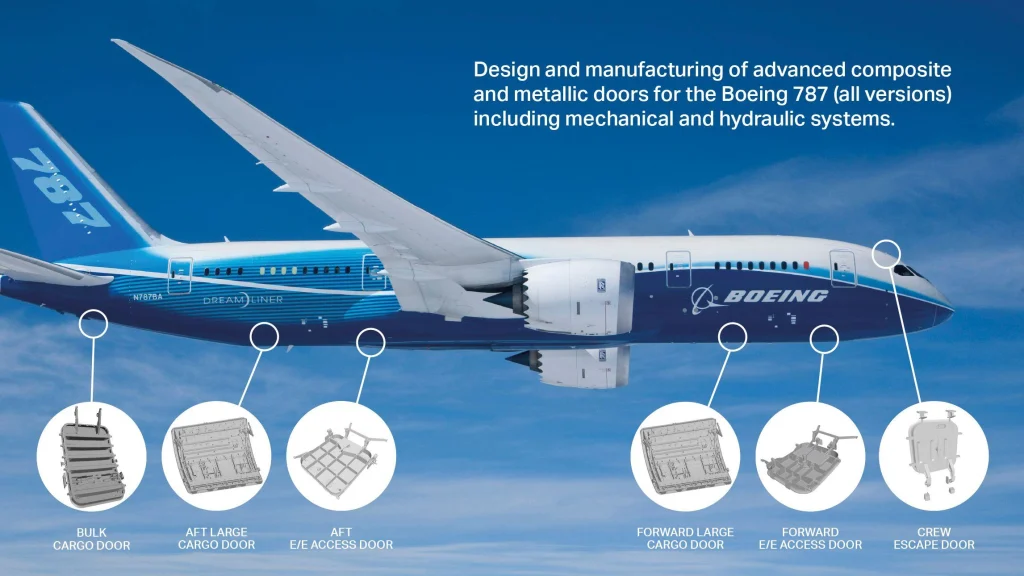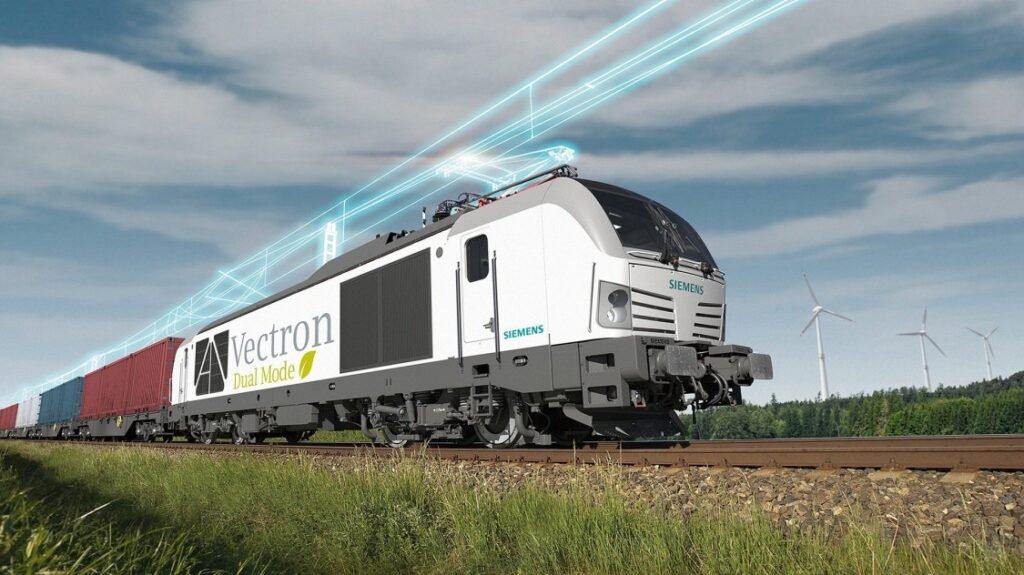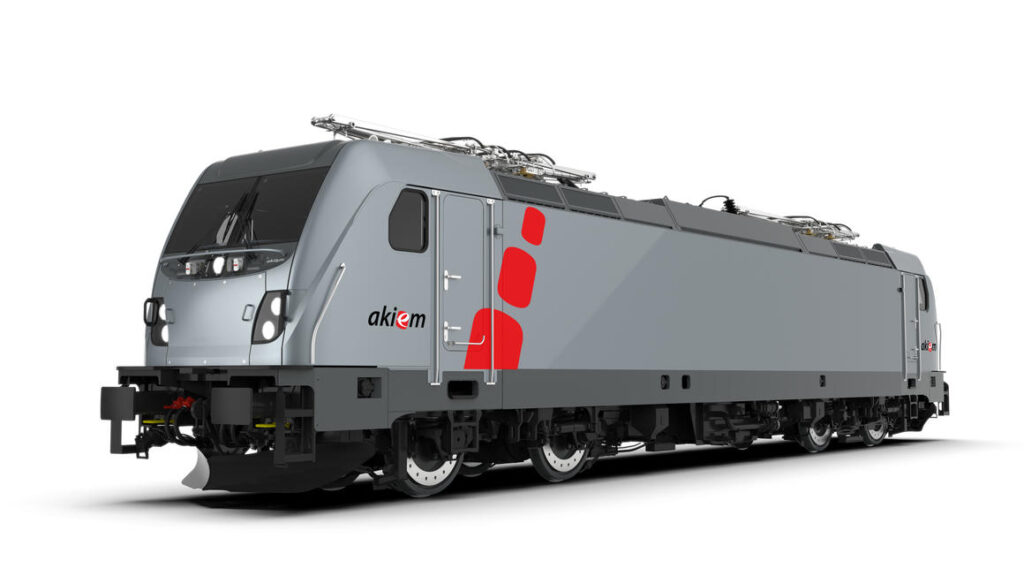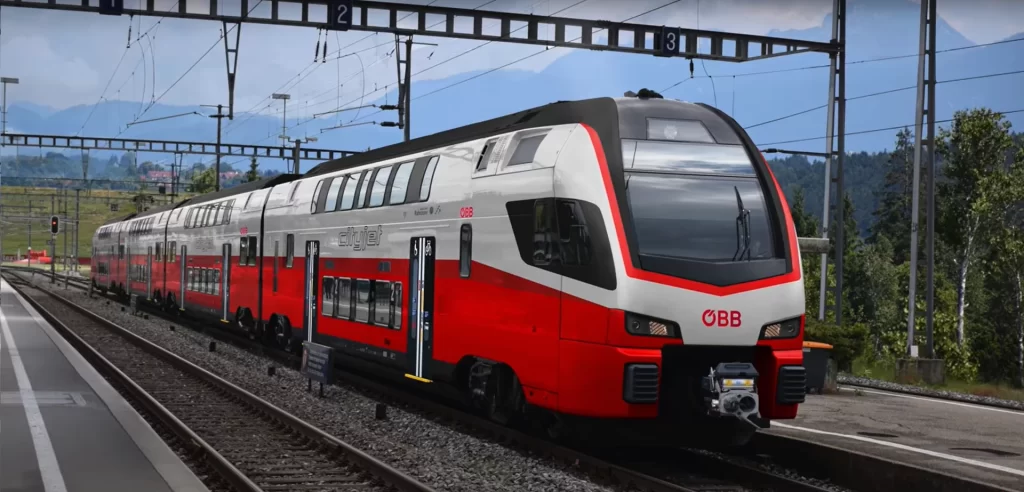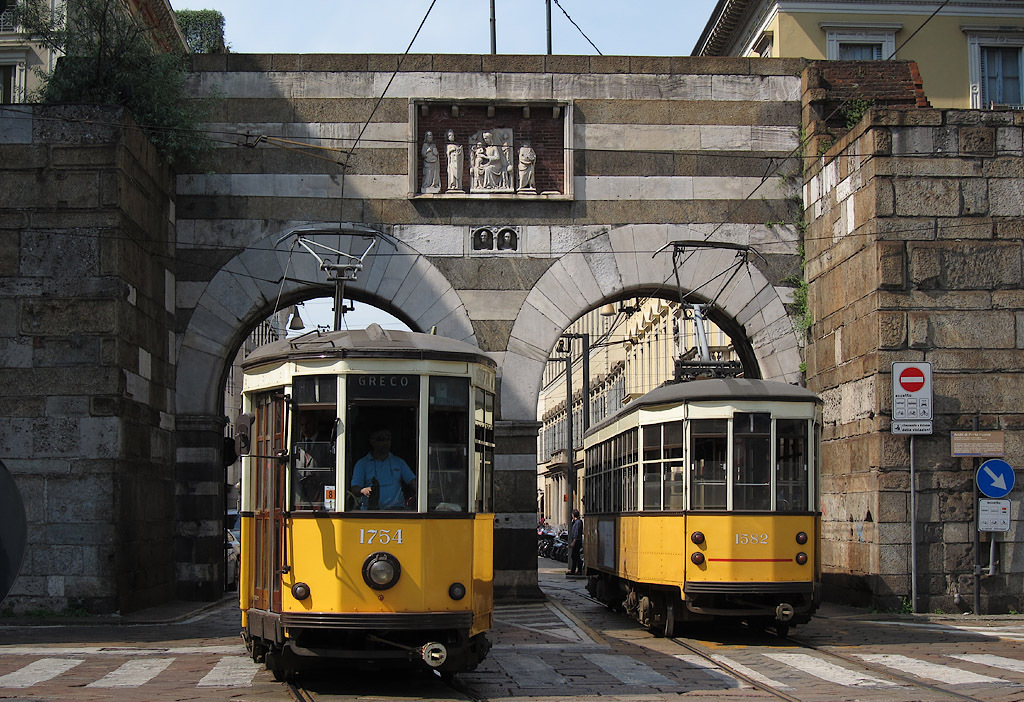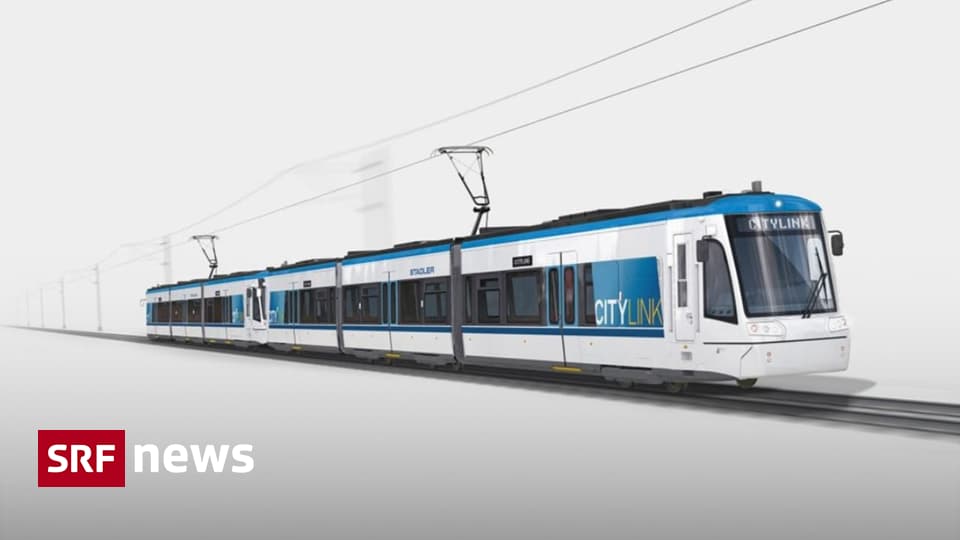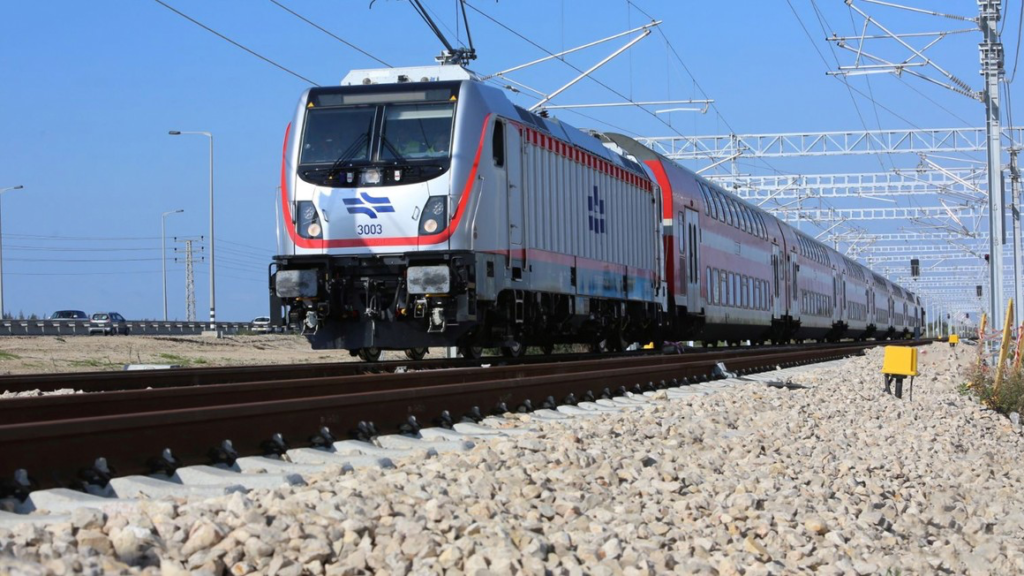Airbus and PHI Group sign for 20 H175 & 8 H160 helicopters
Marignane, France, September 12, 2023 – Airbus Group SE (Paris: AIR) and PHI Group Inc (PHI) have signed a framework agreement that includes commitments for 20 super-medium H175 helicopters and 8 H160s to serve the energy market…
